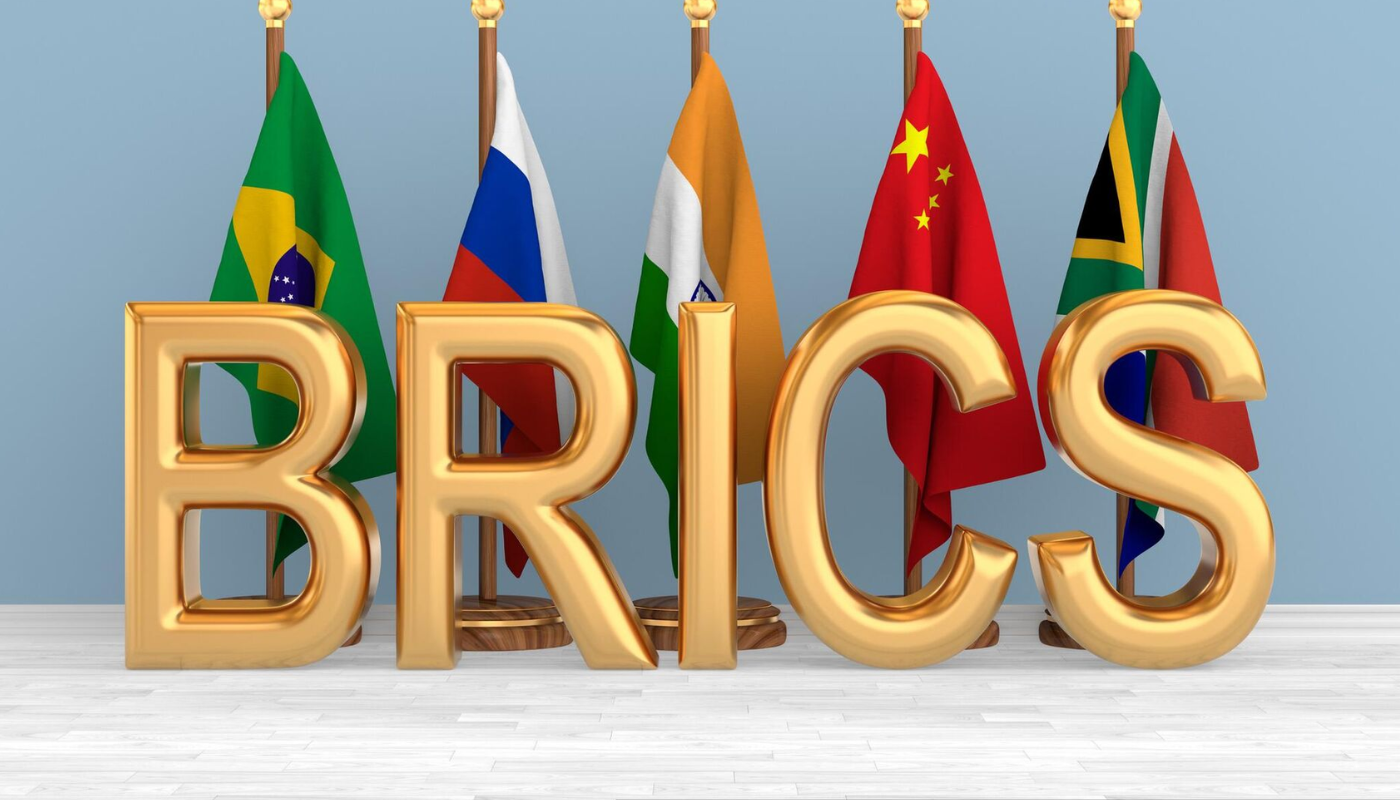BRICS Challenges US and EU Dominance as Countries Pursue Sovereignty and Balanced Partnerships
Please note that we are not authorised to provide any investment advice. The content on this page is for information purposes only.
As countries strive for equality and sovereignty, BRICS overthrows US and EU hegemony. Russia’s State Duma speaker asserts that BRICS is challenging the hegemony of Washington and Brussels as countries increasingly seek equal communication and collaboration that prioritize their interests.
He emphasized that nations are selecting alliances that respect sovereignty and provide mutually beneficial collaboration rather than serving the United States and its allies, indicating a dramatic change in the balance of power in the world.
BRICS is not an alliance against anyone but an alliance to be free from anyone. The old world order promoted by US is one of subordination by one country. https://t.co/PqvuPhfu1D
— Paul Toar (@paultoar) October 15, 2024
BRICS leads the transition to balanced global power by contesting US and EU dominance.
The Speaker of Russia’s State Duma, Vyacheslav Volodin, emphasized Monday that BRICS is becoming more widely acknowledged as a major force in creating a multipolar world.
BRICS has grown to be a significant economic power, and nations like Serbia have expressed interest in joining as an alternative to the European Union, Volodin wrote in a Telegram message.
In contrast to relationships with the EU, he noted that more countries see BRICS as a “guarantor of a multipolar world,” free from “blackmail” and meddling in their domestic affairs. He emphasized an important change in geopolitics, saying:
As more countries choose to cooperate in the best interests of their citizens rather than those of the United States and its allies, Washington and Brussels are losing their hegemony.
(2/6)
heft and representativeness that the G8 simply can not match.
BRICS+ is a formidable economic bloc, comprising half of the world’s population, 40 percent of its trade, and 40 percent of crude oil production and exports.
The BRICS Group Includes: pic.twitter.com/39SgYdi8JM
— Monty Henry (@dplsurve) October 13, 2024
The speaker of the State Duma argued that Washington and Brussels’ tactics had backfired, pushing nations to join BRICS, whose combined economies now surpass those of the G7.
We can observe that the policies implemented by Washington and Brussels have had the opposite effect. He asserted that the economies of the BRICS nations have surpassed those of the G7 in size.
“More and more countries realize that BRICS is a prospective solution and a guarantor of a multipolar world,” he emphasized, referring to Serbia’s desire to join the BRICS economic bloc as an alternative to the EU, “which it no longer considers a reliable partner.” According to Volodin:
Unlike the EU, BRICS participants and observers do not face coercion, absurd demands for cooperation, or meddling in their domestic affairs.
Given the economic challenges the EU faces, particularly in several of its member nations, Volodin proposed that BRICS offers a future of international collaboration based on equitable partnerships.
The GDP of Germany, Austria, Finland, and Estonia is declining, and the EU is stagnant. He emphasized that their industries are experiencing significant financial losses.
Russia, which assumed the BRICS chair in January, is expecting representatives from more than 30 nations to attend a meeting in Kazan on October 22–24.






